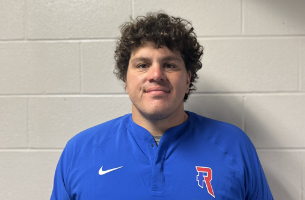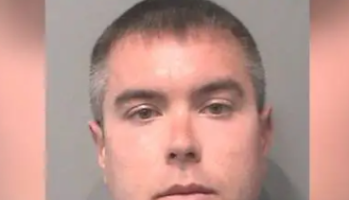WASHINGTON — When organs are donated you only have so much time to get into the body of a recipient.
A recent report from a congressional investigation into the system hospitals use to get donated organs, shows a lot of shortfalls. There have been dozens of reports of organs being lost in transit, not making it to hospitals on time, or in some cases thrown in the trash.
That’s exactly what happened in 2020 in Indiana. Two perfectly healthy kidneys were discovered to have been thrown away.
In a Senate Finance Committee hearing on Wednesday, Senator Todd Young questioned experts with the United Network of Organ Sharing (UNOS).
“I had a very good friend I served with in the Marine Corp. We called him Gunny McFarland,” Young told the committee. “I reconnected with Gunny McFarland when I moved back to Indiana after service in the Marines and he died waiting on a heart. That was a very powerful experience for me.”
Young said he made it a mission to make the organ donation system better.
“Came to find out there was seemingly little I could do,” Young said. “I’d scrutinize an existing system that is entirely opaque.”
Young wanted to know why thousands of complaints were filed in the last ten years over hang-ups or problems with the organ donation system. He said their investigation found that just one complaint to UNOS out of 1,118 resulted in probation. Young found it hard to believe that the majority of those complaints did not warrant any disciplinary action.
The complaints detailed cases of missed diseases in donated organs lost organs, or other complications that were easily preventable.
UNOS oversees regional non-profit organ procurement organizations (OPOs) that also answer to the Centers for Medicare and Medicaid Services.
At the end of the hearing, the committee recommended the government create competition for UNOS. The organization has held oversight rights to the country’s organ donation network for the last 36 years.












